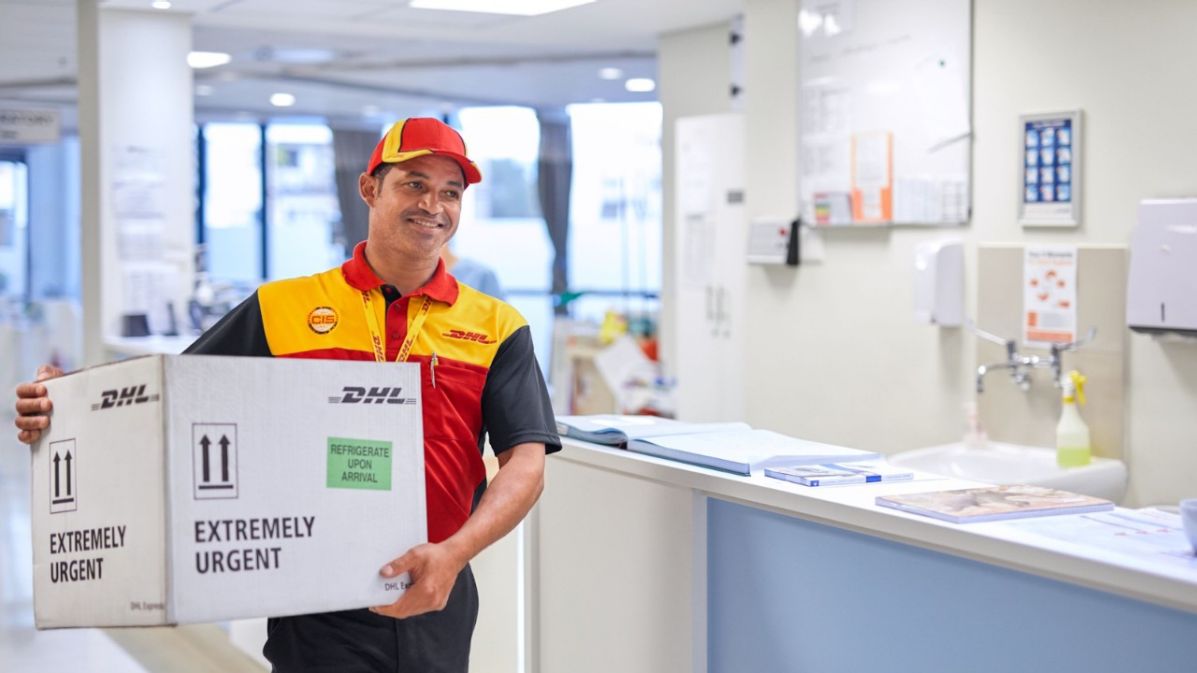
DHL Group has announced a strategic investment of EUR 2 billion over the next five years to enhance its logistics capabilities in the Life Sciences & Healthcare (LSH) sector, with EUR 500 million going to Asia Pacific (APAC). The region’s rising spending power, growing volumes of the middle class, and also a rapidly aging population have attracted innovation and investment into the healthcare sector over the past few years.
This investment supports the Group’s “Strategy 2030” and reinforces DHL’s commitment to helping healthcare customers grow, innovate, and serve patients more effectively worldwide. With 50% of the investment allocated to the Americas, 25% to Asia Pacific, and 25% to the EMEA region, DHL is expanding its global footprint to deliver integrated, faster, more reliable, and patient-centric logistics solutions wherever healthcare companies operate.
The investment will focus on enhancing high-quality infrastructure and technology across all logistics touchpoints – from storage, order fulfillment, and distribution to global shipping and last-mile delivery – creating even more resilient, scalable, and responsive supply chains for customers. A significant part of the investment will be allocated to establishing new cross-divisional Good Distribution Practice (GDP)-certified Pharma Hubs for multi-temperature shipments lanes, expanding cold chain capacity in existing facilities, commissioning new temperature-controlled vehicles, and enhancing both passive and active packaging solutions to ensure sustainable delivery.
As the demand grows in critical areas such as clinical trials, biopharma, and cell and gene therapies, DHL is also investing in high-quality, specialised cooling infrastructure to accommodate low and ultra-low temperature ranges. Additionally, the Group will implement cutting-edge IT systems that provide end-to-end visibility, ensuring product integrity, regulatory compliance, and confidence for healthcare providers and their patients.
In Asia Pacific, DHL has more than 300,000 square meters of fully compliant warehousing space in 15 countries, with facilities to be announced in Singapore, Malaysia and Korea.




